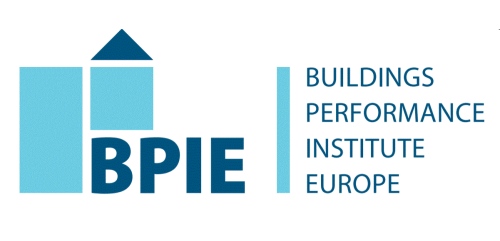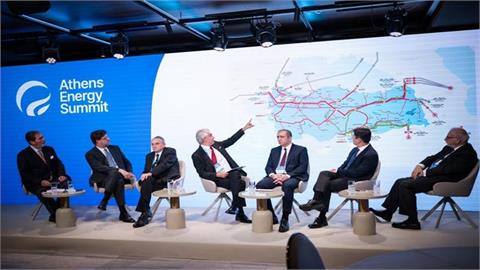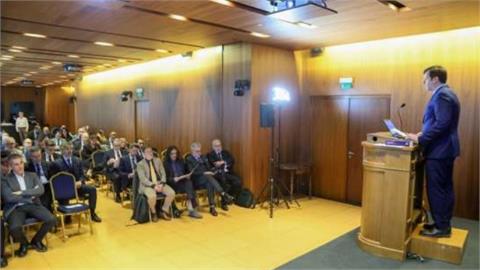Following an invitation by BPIE’s management IENE participated in the first EU Building Stock Observatory (BSO), meeting organized by BPIE in Brussels on May 24, 2023. The Institute was represented by Mr. Costas Theofylaktos, Secretary General of IENE and Chairman of the Institute’s “Energy Efficiency” Scientific Committee
Following an invitation by BPIE’s management IENE participated in the first EU Building Stock Observatory (BSO), meeting organized by BPIE in Brussels on May 24, 2023. The Institute was represented by Mr. Costas Theofylaktos, Secretary General of IENE and Chairman of the Institute’s “Energy Efficiency” Scientific Committee.
This meeting was held under the auspices of DG Energy of the European Commission and sought to bring together BSO end-users, such as policy makers, industry experts, researchers and representatives from civil society, to discuss in depth the selection, validation and prioritization of a core set of indicators to be used in the BSO to be published. Application of these indicators will be mandatory by each EU Member State, under the revised Directive on Energy Efficiency of Buildings.
The meeting started with an introductory presentation of the project by the Director of the “Guidehouse” company, which has undertaken the project while an intervention was made on the framework policy by Paula Rey-Garcia, Deputy Head of Unit, DG Energy, who referred to the "Fit-for-55" policy that puts into operation the target of reducing greenhouse gas emissions by 55% by 2030. This policy includes important updates on key legislation related to the building sector: the Energy Efficiency Directive (EED), the Renewable Energy Directive (RED), while she referred to the Energy Performance of Buildings Directive (EPBD) as of the utmost importance. The revision of this Directive brings into play a number of new elements that need to be critically reflected in the BSO, such as:
• Zero-emission buildings (ZEB), successor to nearly zero energy buildings (NZEB), with the inclusion of explicit total primary energy limits for new buildings.
• the definition of "deep renovation".
• the introduction of minimum energy performance standards for buildings
• the new requirements for Energy Performance Certificates (EPCs)
• the requirement for Member States to create publicly accessible EPC databases.
These should be integrated into a broader requirement for the creation of national databases on the energy performance of buildings, which should be reviewed at least once a year.
The BSO is based on criteria defined and based on the existing policy framework, but also taking into account the expected challenges in the future.
The participants of the BPIE meeting commented on the preselected list of indicators the observed, data gaps and their possible bridging, while recommendations were submitted to those responsible on how to integrate them into the existing BSO. The BPIE pledged to coordinate with the participants on new data at a meeting to be held at the end of 2023.




